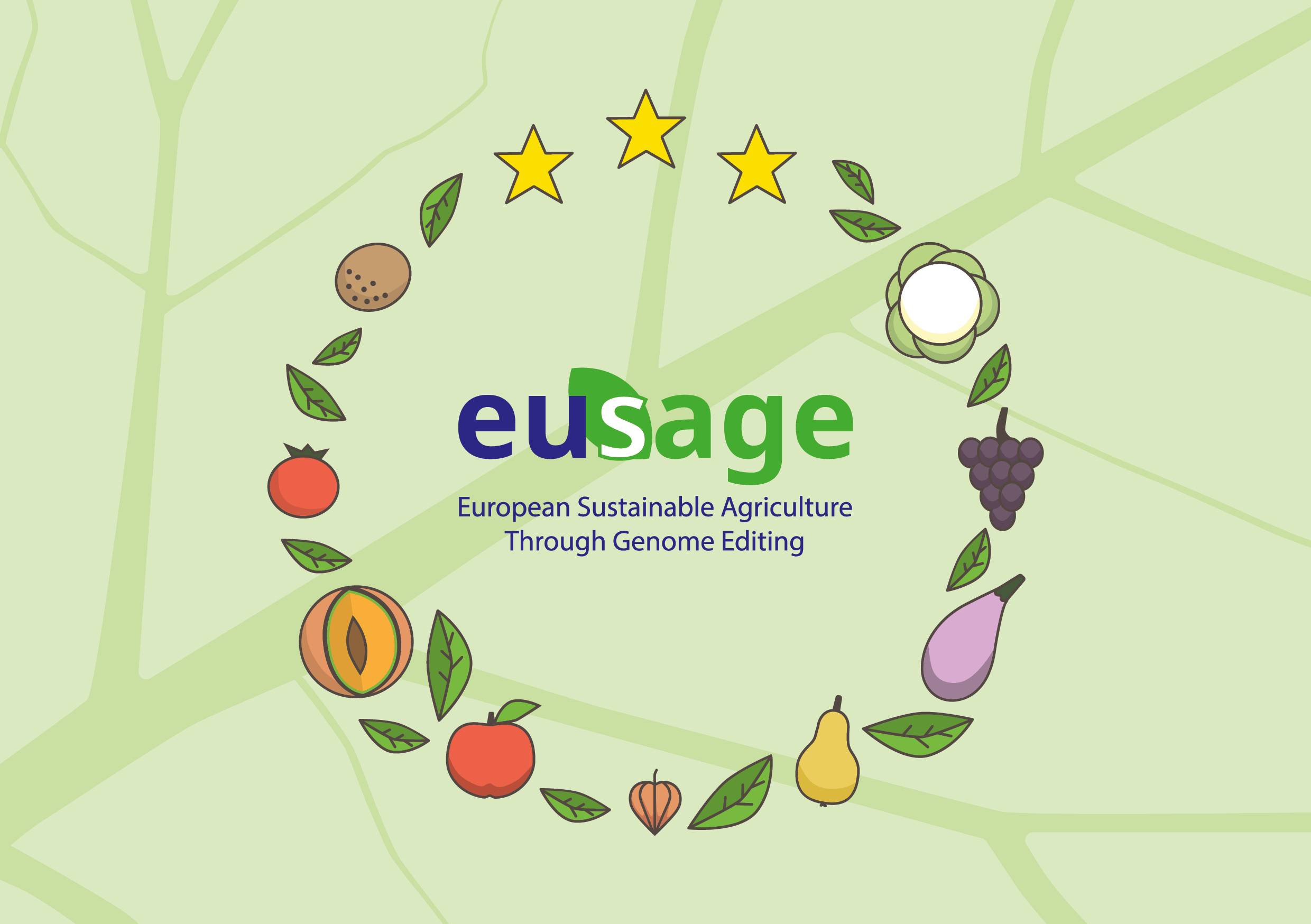EU-SAGE contributed to the European Commission’s study on new genomic techniques as one of the selected stakeholders
EC study on new genomic techniques
In November 2019, The Council of the European Union requested the Commission (Council Decision (EU) 2019/1904) to submit, by 30 April 2021, “a study in light of the Court of Justice’s judgment in Case C-528/16 regarding the status of novel genomic techniques under Union law” (i.e. Directive 2001/18/EC, Regulation (EC) 1829/2003, Regulation (EC) 1830/2003 and Directive 2009/41/EC).”
For this study, NGTs are defined as techniques capable to change the genetic material of an organism and that have emerged or have been developed since 2001, when the existing GMO legislation was adopted.
The study will deal with:
-
A state-of-play on the implementation and enforcement of the GMO legislation, as regards NGTs, based on 1) contributions from targeted consultations of the Member States and stakeholders; 2) work of the European Union Reference Laboratory, together with the European Network of GMO Laboratories, on the detection of products obtained by new mutagenesis techniques.
-
Information on the status and use of NGTs in plants, animals and micro-organisms for agri-food, industrial and pharmaceutical applications.
-
An overview on the risk assessment of plants developed through new genomic techniques, prepared by the European Food Safety Authority (EFSA), based on its own previous and ongoing work and on work carried out at national level (link available soon).
-
An overview of current and future scientific and technological developments in new genomic techniques as well as of new products that are, or are expected to be marketed, prepared by DG Joint Research Centre (JRC).
In addition, the study will take into account an analysis of the ethical and societal implications of gene editing that is being developed by the European Group on Ethics in Science and New Technologies.
